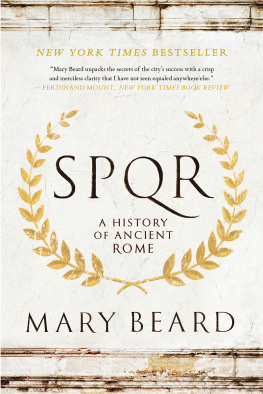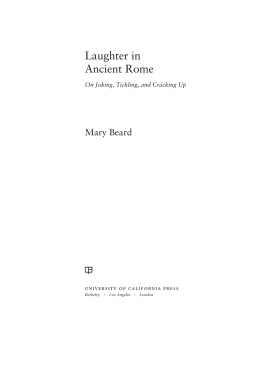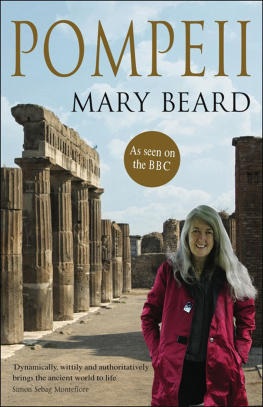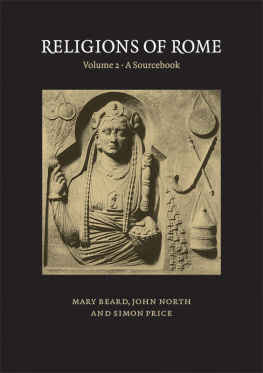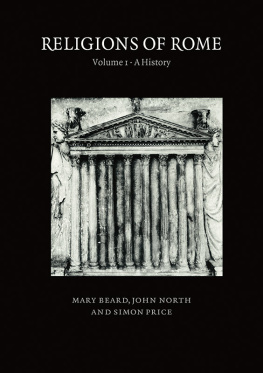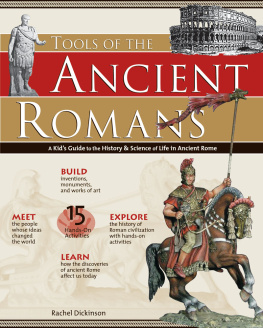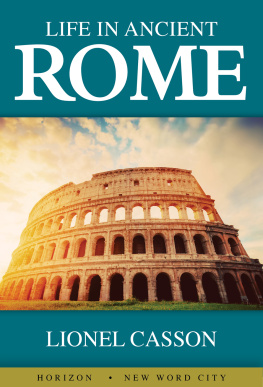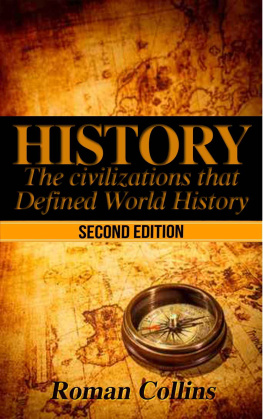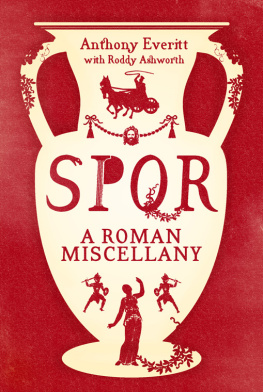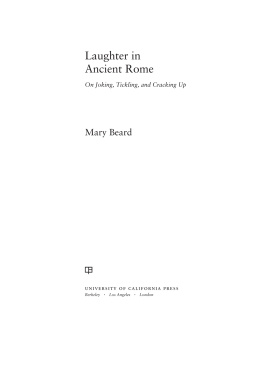Mary Beard - SPQR: A History of Ancient Rome
Here you can read online Mary Beard - SPQR: A History of Ancient Rome full text of the book (entire story) in english for free. Download pdf and epub, get meaning, cover and reviews about this ebook. year: 2016, publisher: Liveright, genre: History. Description of the work, (preface) as well as reviews are available. Best literature library LitArk.com created for fans of good reading and offers a wide selection of genres:
Romance novel
Science fiction
Adventure
Detective
Science
History
Home and family
Prose
Art
Politics
Computer
Non-fiction
Religion
Business
Children
Humor
Choose a favorite category and find really read worthwhile books. Enjoy immersion in the world of imagination, feel the emotions of the characters or learn something new for yourself, make an fascinating discovery.
- Book:SPQR: A History of Ancient Rome
- Author:
- Publisher:Liveright
- Genre:
- Year:2016
- Rating:3 / 5
- Favourites:Add to favourites
- Your mark:
- 60
- 1
- 2
- 3
- 4
- 5
SPQR: A History of Ancient Rome: summary, description and annotation
We offer to read an annotation, description, summary or preface (depends on what the author of the book "SPQR: A History of Ancient Rome" wrote himself). If you haven't found the necessary information about the book — write in the comments, we will try to find it.
SPQR: A History of Ancient Rome — read online for free the complete book (whole text) full work
Below is the text of the book, divided by pages. System saving the place of the last page read, allows you to conveniently read the book "SPQR: A History of Ancient Rome" online for free, without having to search again every time where you left off. Put a bookmark, and you can go to the page where you finished reading at any time.
Font size:
Interval:
Bookmark:


CONTENTS
1. Early Rome and its neighbours
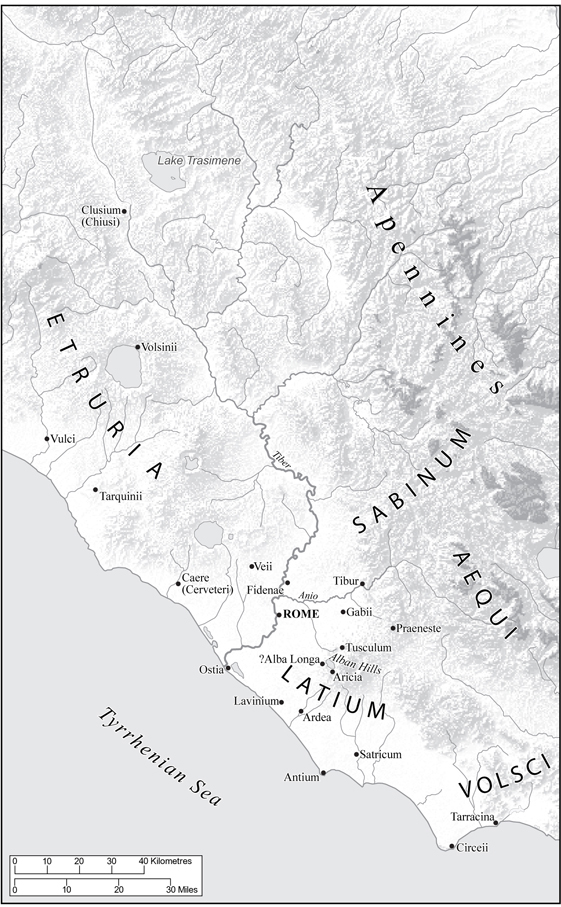
2. The site of Rome
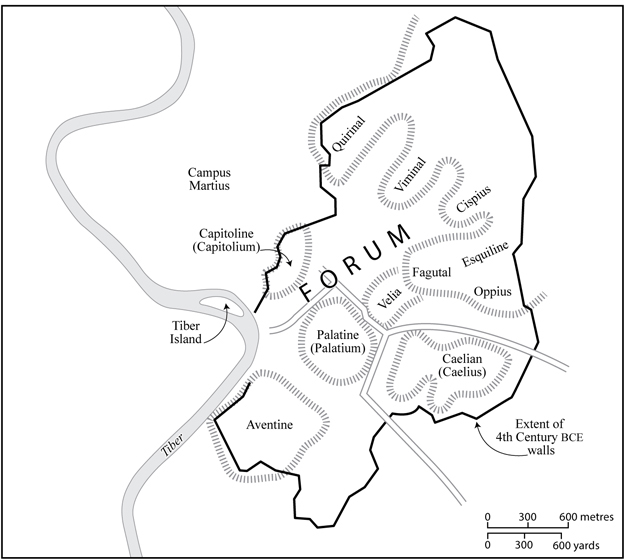
3. Roman Italy
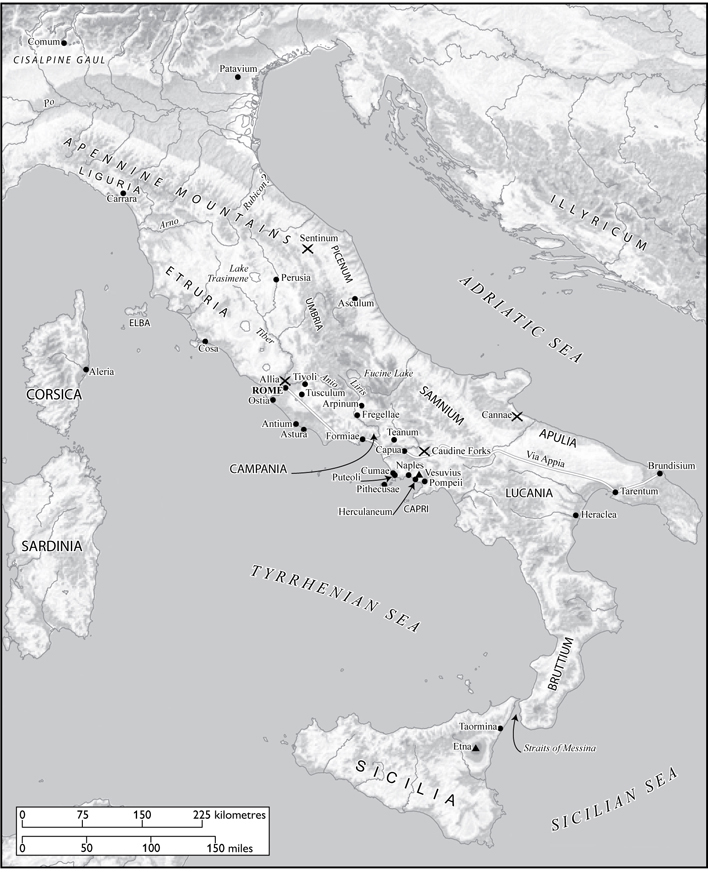
4. The city of Rome in the imperial period
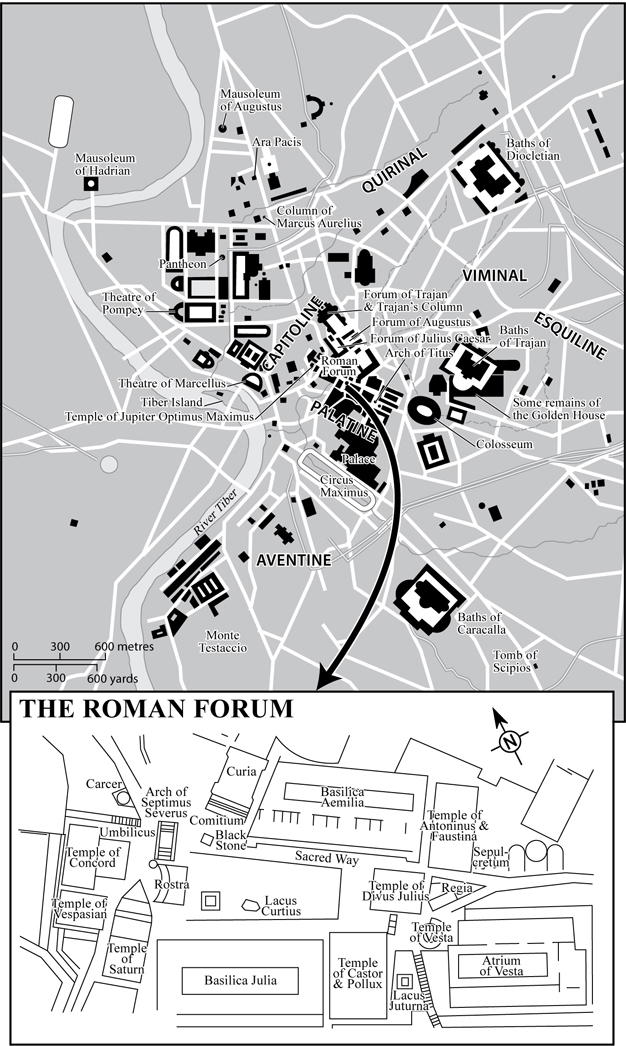
5. The Roman World
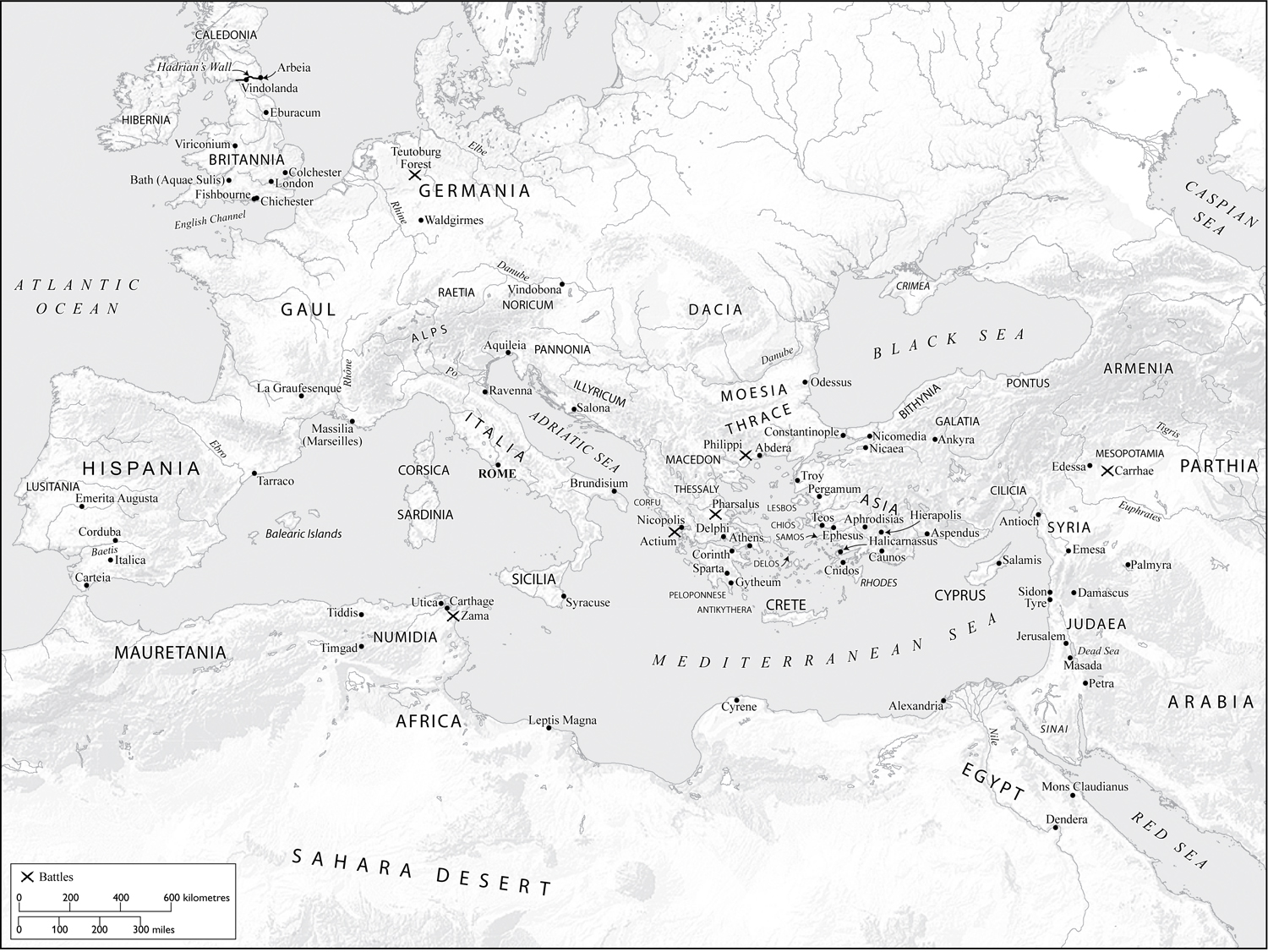
PROLOGUE
THE HISTORY OF ROME
A NCIENT ROME IS important. To ignore the Romans is not just to turn a blind eye to the distant past. Rome still helps to define the way we understand our world and think about ourselves, from high theory to low comedy. After 2,000 years, it continues to underpin Western culture and politics, what we write and how we see the world, and our place in it.
The assassination of Julius Caesar on what the Romans called the Ides of March 44 BCE has provided the template, and the sometimes awkward justification, for the killing of tyrants ever since. The layout of the Roman imperial territory underlies the political geography of modern Europe and beyond. The main reason that London is the capital of the United Kingdom is that the Romans made it the capital of their province Britannia a dangerous place lying, as they saw it, beyond the great Ocean that encircled the civilised world. Rome has bequeathed to us ideas of liberty and citizenship as much as of imperial exploitation, combined with a vocabulary of modern politics, from senators to dictators. It has loaned us its catchphrases, from fearing Greeks bearing gifts to bread and circuses and fiddling while Rome burns even where theres life theres hope. And it has prompted laughter, awe and horror in more or less equal measure. Gladiators are as big box office now as they ever were. Virgils great epic poem on the foundation of Rome, the Aeneid , almost certainly found more readers in the twentieth century CE than it did in the first century CE.
Yet the history of ancient Rome has changed dramatically over the past fifty years, and even more so over the almost 250 years since Edward Gibbon wrote The Decline and Fall of the Roman Empire , his idiosyncratic historical experiment that began the modern study of Roman history in the English-speaking world. That is partly because of the new ways of looking at the old evidence, and the different questions we choose to put to it. It is a dangerous myth that we are better historians than our predecessors. We are not. But we come to Roman history with different priorities from gender identity to food supply that make the ancient past speak to us in a new idiom.
There has also been an extraordinary array of new discoveries in the ground, underwater, even lost in libraries presenting novelties from antiquity that tell us more about ancient Rome than any modern historian could ever have known before. We now have a manuscript of a touching essay by a Roman doctor whose prize possessions had just gone up in flames, which resurfaced in a Greek monastery only in 2005. We have wrecks of Mediterranean cargo ships that never made it to Rome, with their foreign sculpture, furniture and glass destined for the houses of the rich, and the wine and olive oil that were the staples of everyone. As I write, archaeological scientists are carefully examining samples drilled from the ice cap of Greenland to find the traces, even there, of the pollution produced by Roman industry. Others are putting under the microscope the human excrement found in a cesspit in Herculaneum, in southern Italy, to itemise the diet of ordinary Romans as it went into and out of their digestive tracts. A lot of eggs and sea urchins are part of the answer.
Roman history is always being rewritten, and always has been; in some ways we know more about ancient Rome than the Romans themselves did. Roman history, in other words, is a work in progress. This book is my contribution to that bigger project; it offers my version of why it matters. SPQR takes its title from another famous Roman catchphrase, Senatus PopulusQue Romanus , The Senate and People of Rome. It is driven by a personal curiosity about Roman history, by a conviction that a dialogue with ancient Rome is still well worth having and by the question of how a tiny and very unremarkable little village in central Italy became so dominant a power over so much territory in three continents.
This is a book about how Rome grew and sustained its position for so long, not about how it declined and fell, if indeed it ever did in the sense that Gibbon imagined. There are many ways that histories of Rome might construct a fitting conclusion; some have chosen the conversion of the emperor Constantine to Christianity on his deathbed in 337 CE or the sack of the city in 410 CE by Alaric and his Visigoths. Mine ends with a culminating moment in 212 CE, when the emperor Caracalla took the step of making every single free inhabitant of the Roman Empire a full Roman citizen, eroding the difference between conqueror and conquered and completing a process of expanding the rights and privileges of Roman citizenship that had started almost a thousand years earlier.
SPQR is not, however, a simple work of admiration. There is much in the classical world both Roman and Greek to engage our interest and demand our attention. Our world would be immeasurably the poorer if we did not continue to interact with theirs. But admiration is a different thing. Happily a child of my times, I bridle when I hear people talking of great Roman conquerors, or even of Romes great empire. I have tried to learn to see things from the other side too.
In fact, SPQR confronts some of the myths and half-truths about Rome with which I, like many, grew up. The Romans did not start out with a grand plan of world conquest. Although eventually they did parade their empire in terms of some manifest destiny, the motivations that originally lay behind their military expansion through the Mediterranean world and beyond are still one of historys great puzzles. In acquiring their empire, the Romans did not brutally trample over innocent peoples who were minding their own business in peaceable harmony until the legions appeared on the horizon. Roman victory was undoubtedly vicious. Julius Caesars conquest of Gaul has not unfairly been compared to genocide and was criticised by Romans at the time in those terms. But Rome expanded into a world not of communities living at peace with one another but of endemic violence, rival power bases backed up by military force (there was not really any alternative backing), and mini-empires. Most of Romes enemies were as militaristic as the Romans; but, for reasons I shall try to explain, they did not win.
Rome was not simply the thuggish younger sibling of classical Greece, committed to engineering, military efficiency and absolutism, whereas the Greeks preferred intellectual inquiry, theatre and democracy. It suited some Romans to pretend that was the case, and it has suited many modern historians to present the classical world in terms of a simple dichotomy between two very different cultures. That is, as we shall see, misleading, on both sides. The Greek city-states were as keen on winning battles as the Romans were, and most had little to do with the brief Athenian democratic experiment. Far from being unthinking advocates of imperial might, several Roman writers were the most powerful critics of imperialism there have ever been. They create desolation and call it peace is a slogan that has often summed up the consequences of military conquest. It was written in the second century CE by the Roman historian Tacitus, referring to Roman power in Britain.
Next pageFont size:
Interval:
Bookmark:
Similar books «SPQR: A History of Ancient Rome»
Look at similar books to SPQR: A History of Ancient Rome. We have selected literature similar in name and meaning in the hope of providing readers with more options to find new, interesting, not yet read works.
Discussion, reviews of the book SPQR: A History of Ancient Rome and just readers' own opinions. Leave your comments, write what you think about the work, its meaning or the main characters. Specify what exactly you liked and what you didn't like, and why you think so.

